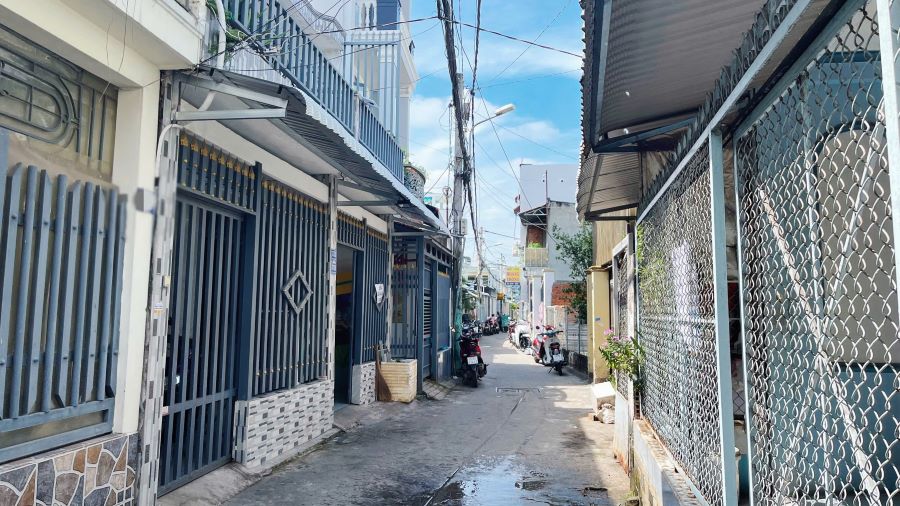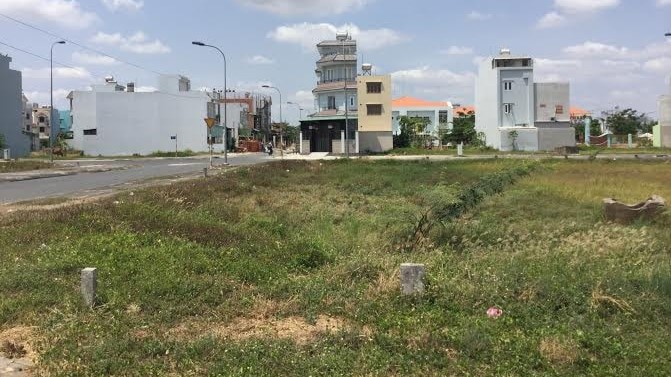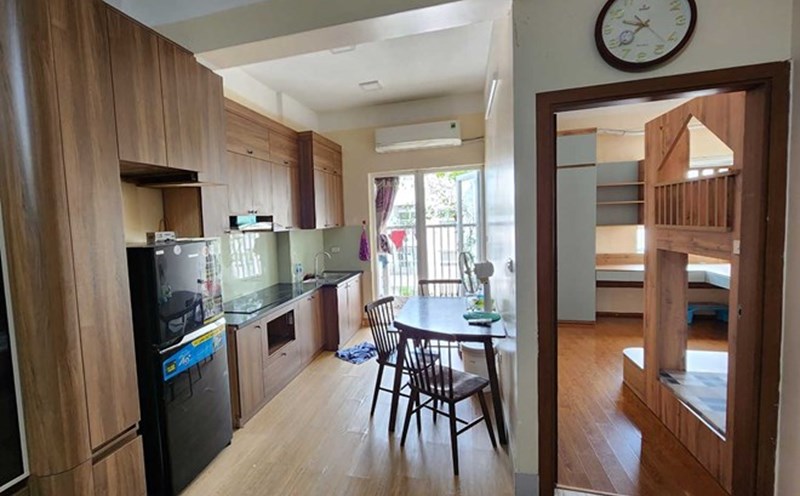At the end of the year, the Southern region recorded positive changes in the real estate market. Segments showing signs of recovery brought encouraging signals to investors.
Due to the slow recovery rate, investors are also cautious in investing. According to records, the land segment is gradually "giving way" to housing, apartments are becoming a channel to attract investors and long-term settlement of customers.

With a "dripping" of customers, a large source of capital, and many additional costs, Mr. Nguyen Minh Quan (fashion store owner, Ho Chi Minh City) is willing to sell two billion-dollar plots of land in the West at a loss to turn around capital to invest in private houses and apartments.
According to Mr. Quan, currently, investing in the land segment requires a large amount of capital, incurring many costs such as construction, renovation, legal procedures... which makes capital recovery take a long time. Compared to customers' needs, easy buying and selling procedures, and quick "surfing" opportunities, houses and apartments are safer.
"I bought 2 plots of land for 1.8 billion VND and put them up for sale after 3 months because they were not promising. Customers came to see them but only for reference, not to invest. I sold them at a loss of 5%, saved money to wait to buy an apartment, or build a house for rent because it expanded the customer base and had less risk," said Mr. Quan.
According to the reporter's research, the real estate market in the Mekong Delta region is gradually warming up thanks to investment in infrastructure, urban areas, and development from traffic works. Surveying on real estate websites, the price of apartments and houses in Can Tho is currently at 35 - 60 million VND/m2. Meanwhile, in Vinh Long and Hau Giang, the price of land fluctuates from 15 - 20 million VND/m2.
Mr. Tran Minh Hau - a real estate brokerage office owner in Ninh Kieu district, Can Tho city - said: Land is still the "king" investment channel, but in the context of increasing housing demand, land is only for investors with large finances, "surfing" in the medium term.
Meanwhile, luxury apartments and condominiums are forecast to hardly decrease and the ability to exploit cash flow from real estate rentals will be less risky for investors with low finances and short-term "surfing".
"Since the beginning of the year, customers with demand for housing and apartment brokerage account for 70% of investment demand. Customers mainly buy cheap houses, ranging from a few hundred million to less than 2 billion VND," said Mr. Hau.

Experts say that along with the appeal of the apartment segment, the market has also seen many negative phenomena such as virtual price fever and real estate bubbles. This has caused many investors to chase the market, falling into a state of "capital shortage", forcing them to sell at a loss to turn their investment capital into other channels.
The Vietnam Association of Realtors (VARS) forecasts that the real estate market in 2025 is expected to develop stably thanks to the legal corridor. The segments of private houses, townhouses, land plots, and villas will increase. VARS believes that although the market will gradually recover in 2025, it will not be able to bounce back immediately but will need a few more years.











